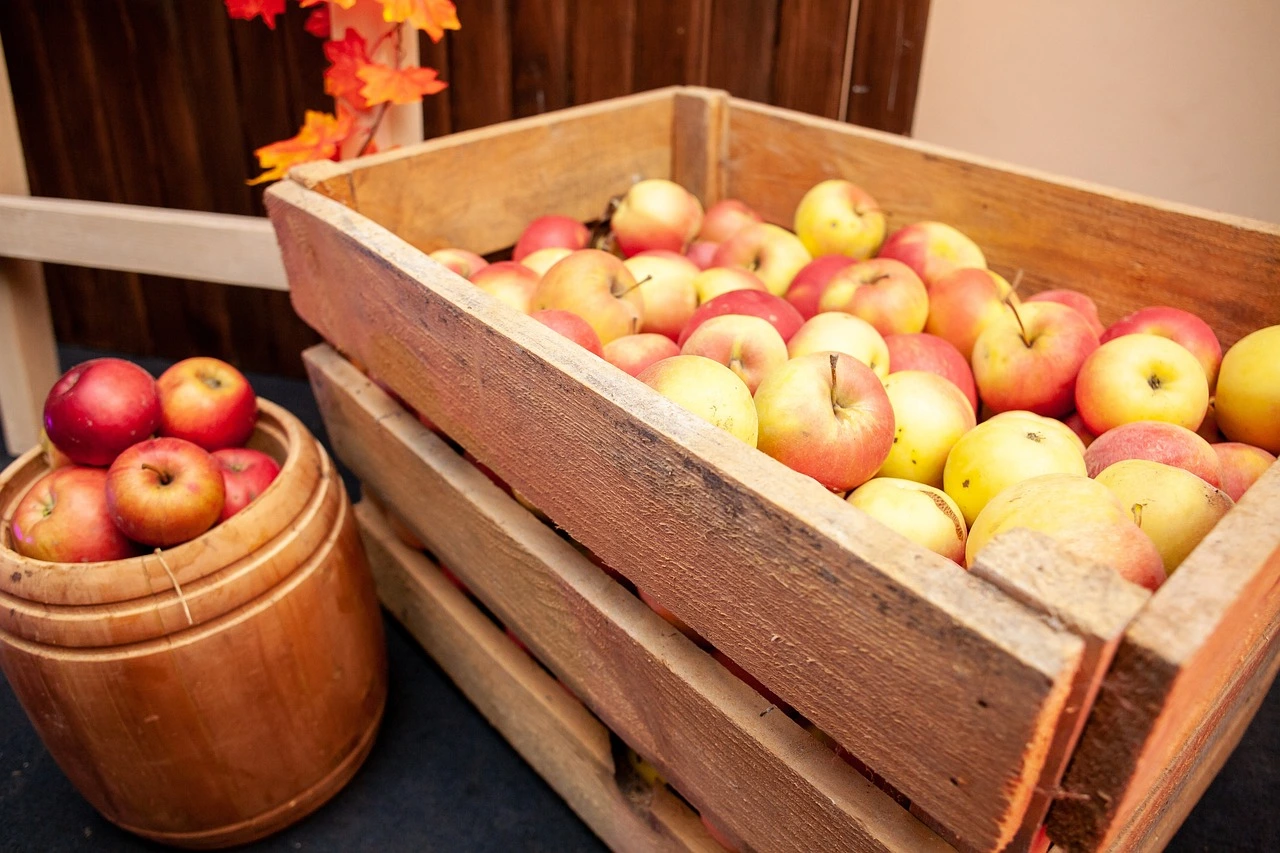Apple Storage Methods: Keep Your Apples Fresh for Longer with These Simple Tips

If you’ve ever opened your fridge or pantry to find your apples going soft or moldy before you can enjoy them, you’re not alone. Proper apple storage is the secret to keeping your apples fresh, crisp, and delicious for weeks—or even months—after harvest. Whether you’re a homeowner with a backyard tree, a small grower with baskets of fruit, or just someone who loves apples, knowing the right apple storage methods makes all the difference.
Backed by horticulture experts, this guide delivers no-nonsense, practical tips you can use at home. Tired of apples spoiling too soon? Here’s what you’ll learn in this article:
- The simple science behind why apple storage matters
- Step-by-step guidance on how to store apples for maximum freshness
- Different apple storage methods (from fridge to root cellar)
- Pro tips and easy-to-avoid mistakes
- Quick answers to common questions
Ready to keep your apples fresher for longer? Let’s dive in!
Why Proper Apple Storage Methods Matters
Leaving apples piled on the counter or tucked away in a warm cupboard might seem harmless, but it can actually shorten their shelf life and lead to early spoilage. When apples aren’t stored properly, they lose their crispness, taste, and even nutritional value—meaning you waste money and miss out on great fruit.
Benefits of Proper Storage
🍏 Longer shelf life – Apples can stay fresh for months, not just days
😋 Fresher taste – Enjoy crisp, juicy apples whenever you want
♻️ Less waste – Fewer apples thrown out due to spoilage
💸 Save money – Get the most from every apple you buy or pick
Expert Fact: According to agricultural studies, proper storage can extend apple shelf life by up to 6 months.
Pre-Storage Steps: Setting the Stage
Getting apples ready for storage is just as important as how you store them. A few simple steps can make all the difference in keeping your apples fresh and flavorful for weeks or even months.
1. Sort apples:
Separate out any bruised, damaged, or overripe apples. Even one bad apple can speed up ripening—and spoilage—for the whole batch.
2. Clean gently:
Wipe off any dirt or debris with a dry cloth, but don’t wash the apples before storing. Extra moisture can cause mold and speed up spoilage.
3. Let apples breathe:
Before placing apples in storage, keep them dry and cool for a few hours. This helps them adjust and reduces condensation.
Main Apple Storage Methods Methods
There’s no single “best” way to store apples—it depends on how many apples you have and the space you’ve got at home. Here’s a quick comparison to help you pick the method that fits your needs:
| Method | How It Works | Best For | Shelf Life | Tips |
| Refrigerator | Store apples in the fridge | Home kitchens | 4–8 weeks | Use perforated bags; keep away from veggies |
| Root Cellar | Cool, humid environment | Home growers | 2–6 months | Use wooden crates; separate varieties |
| Controlled Atmosphere | Special low-oxygen, high humidity | Large-scale/commercial | 6+ months | Needs equipment; not for home use |
Quick Storage Tips:
- Check apples weekly for any signs of spoilage.
- Keep apples away from potatoes—potatoes give off gases that can make apples ripen (and spoil) faster.
- Try it yourself: I’ve stored apples in a simple cardboard box in my cool, dark basement and kept them crisp for weeks—no fancy equipment needed!
Choosing the right method is all about what works best for you. Even simple home solutions can keep apples fresh and delicious for longer.
Mistakes to Avoid In Apple Storage Methods
Avoid these common apple storage mistakes to keep your fruit fresher, longer:
- 🛑 Don’t wash apples before storing.
Added moisture encourages mold and decay. - 🛑 Don’t store bruised apples with good ones.
One damaged apple can spoil the rest. - 🛑 Don’t keep apples in airtight plastic bags.
Lack of airflow speeds up spoilage—use perforated bags instead. - 🛑 Don’t forget to check for spoilage weekly.
Removing bad apples right away prevents the spread of rot.
Quick Fact: Ethylene gas from apples can speed up ripening of other fruits and vegetables nearby, so always store apples separately when possible!
Conclusion & Takeaways
Storing apples the right way isn’t complicated—but it makes a big difference! With just a few easy steps and smart storage methods, you can keep apples fresh, crisp, and ready to enjoy for weeks or even months.
Key Takeaways:
- Sort and prep apples carefully before storage to prevent early spoilage.
- Choose the storage method that fits your space and needs—fridge, root cellar, or commercial.
- Keep apples cool and humid, but don’t forget to check for spoilage each week.
- Avoid common mistakes like storing bruised apples with good ones, or sealing them in airtight bags.
Ready to make your apples last? Try these tips today and let us know what works best for you!
For even more ways to keep your harvest healthy and extend freshness, explore Nurofarm’s range of crop nutrition and storage solutions.
FAQ
How long can apples be stored?
Most apples can stay fresh for 4–8 weeks in the fridge, 2–6 months in a root cellar, and even longer with commercial storage.
Should apples be stored in the fridge or pantry?
For the longest shelf life, store apples in the fridge. Apples kept at room temperature ripen and soften much faster.
Can I freeze apples for later use?
Absolutely! Just core and slice the apples, then freeze them in an airtight container. Frozen apples work great for pies, baking, or smoothies.
How do I tell if an apple has spoiled?
Look for soft spots, bruising, mold, or a sour smell. If your apple feels mushy or looks shriveled, it’s best to compost it.

